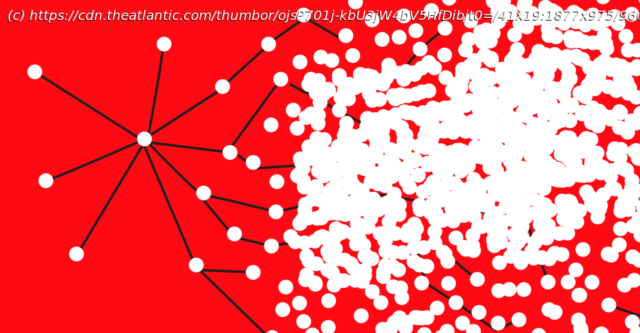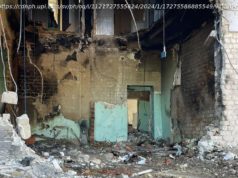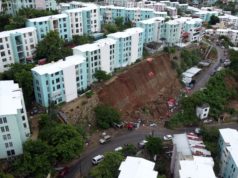Contact tracing works almost everywhere else. Why not here?
With her thin eyebrows arched high on her forehead, Robyn Openshaw urged her 212,000 fans to stand up to a new menace: contact tracing. Openshaw, a widely followed health blogger who goes by “Green Smoothie Girl” on Facebook, had recently heard of a bill in Congress that would provide $100 million to mobile health clinics to help monitor the spread of COVID-19. “Are you willing to hand over your freedom and create a health police state?” she asked her viewers, punctuating her statements with a karate chop to the air. “We will hold them accountable for the rollout of what looks an awful lot like communism.” Openshaw is so suspicious of contact tracing that when restaurants she dines at ask her for a phone number so they can call her if someone else at the restaurant tests positive for COVID-19, she sometimes gives them a fake number, she told me later. Her fears are ill-founded. Contact tracers recommend that infected people self-isolate, but they have no power to enforce isolation. Most countries with coronavirus outbreaks have started contact tracing, and of them, only China is Communist. But Openshaw’s outraged reaction to the concept helps explain a major problem bedeviling the American pandemic response: Contact tracing does not work as well here as it has in other rich countries. Contact tracing, the last two-thirds of health wonks’ “test-trace-isolate” mantra, was supposed to get us out of the pandemic. It’s meant to work like this: Let’s say Aunt Sally tests positive for COVID-19. A tracer working for the local public-health department calls her and asks for her contacts—anyone she’s spent more than 15 minutes with recently—and asks her to self-isolate. Then the tracer calls those “close contacts” of Aunt Sally’s, and asks them to self-isolate too. The tracer doesn’t tell Aunt Sally’s contacts that she is the person who tested positive, only that someone they were in contact with did. In the United States, this whole process is failing, allowing Aunt Sally to continue roaming about town, infecting others and spreading COVID-19. There is no national contact-tracing program in the U. S., and contact tracers who work for the 40 local health departments in areas with the most coronavirus cases have reached just a fraction of the patients who have tested positive, a Reuters investigation found earlier this month. In Maryland,25 percent of those called by contact tracers don’t pick up. At one point in Miami, contact tracers were able to reach only 17 percent of the infected. In Houston, New Jersey, and California’s Inland Empire, half of the people reached by contact tracers won’t cooperate. In Philadelphia, a third of COVID-19 patients claimed they had no contacts. Philadelphia is one of the country’s most densely populated cities; it’s hard to believe that a third of the people who got sick there had no contact with their fellow Philadelphians. Some of these numbers might not be totally accurate in the long run. For instance, some health departments might count a person who picks up a contact tracer’s second or third call, instead of the first, as a nonresponse. But even giving U. S. health departments the benefit of the doubt, response rates here are far lower than those in other countries. Less than 1 percent of sick people fail to respond to contact tracers in Iceland, Ævar Pálmi Pálmason, who leads the country’s tracing effort, told me. In New Zealand,86 percent of people contacted by tracers respond within 48 hours. “The U. S. contact-tracing effort has been a dismal failure compared with many of its peer countries,” says Lawrence Gostin, a professor of global-health law at Georgetown University. Contact tracers are not to blame. Tracers tend to be relatively low-paid, civic-minded workers who make calls relentlessly in an attempt to rescue the nation from a ruthless pandemic. But they’re struggling for three main reasons. In July, I called up a contact tracer in Texas to see what her job was like. She was worried that she’d be fired if she talked with the press, so I won’t disclose her name here. Every day, she gets on her laptop, sets herself to “available,” and signs into Microsoft Teams.






